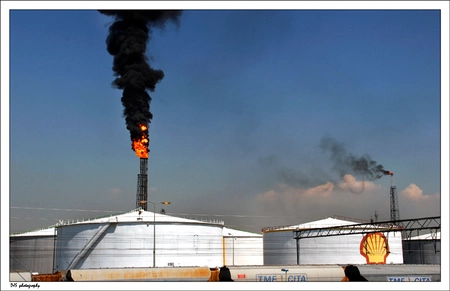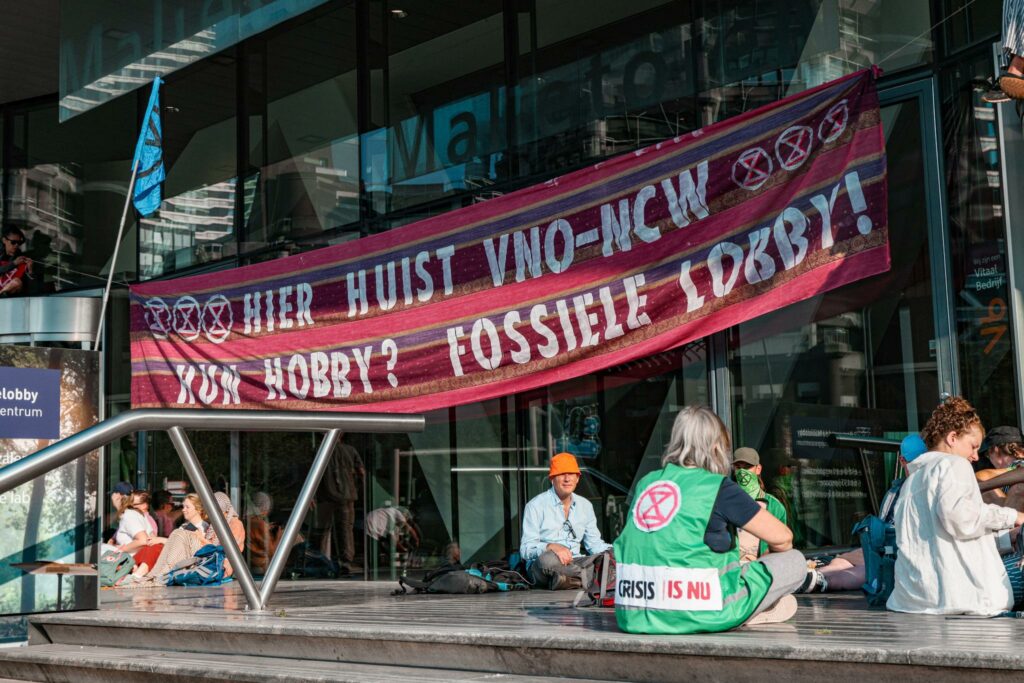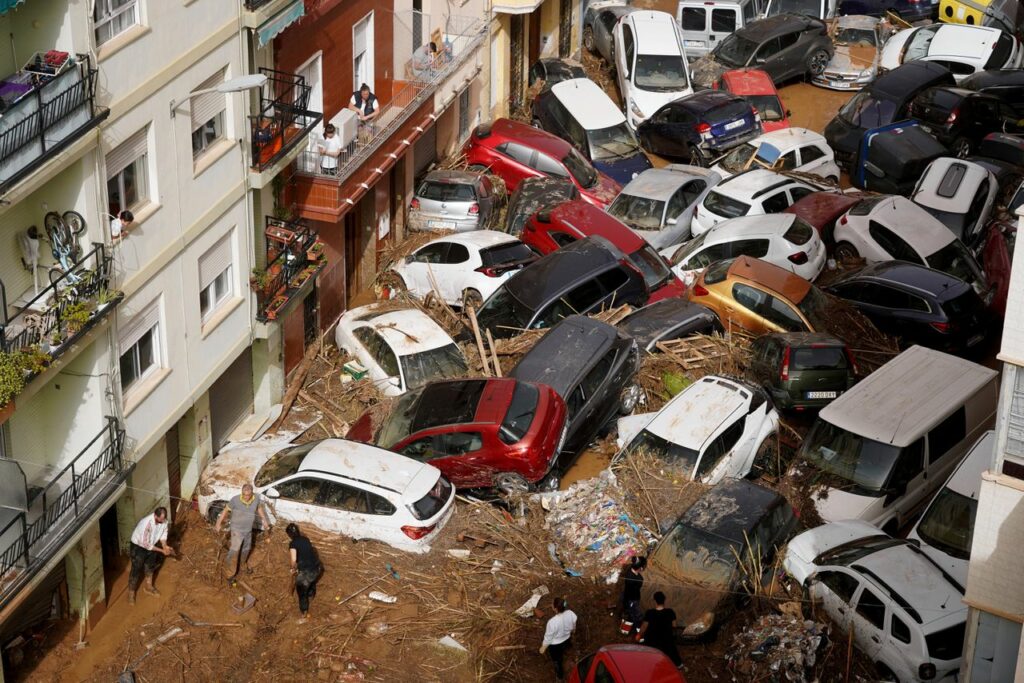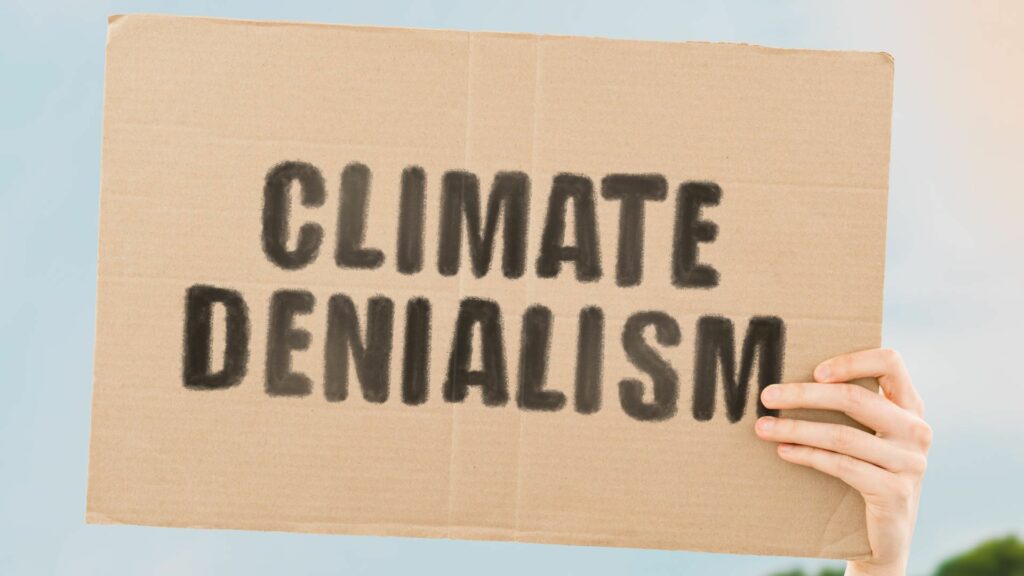In court cases, Shell presents itself as an actor that is at the mercy of existing demand and innovation processes beyond its control. Yet this is completely inconsistent with reality. For instance, the company sits at all political tables in the Netherlands and Europe that deal with climate and energy transition. With access to senior officials and with Mark Rutte’s phone number in its pocket, Shell began intensive lobbying in 2017 with other fossil big polluters for technological ‘solutions’ that align with its interests. Think of the current hype around hydrogen and CO2 capture and storage.
Does this make scientists working on such innovations an extension of the fossil lobby? In my opinion piece for Science Guide, I argue that we should not let the fossil industry hijack research for the energy transition. Because, as Naomi Oreskes explains in great detail in Follow the Money, fossil companies have only one interest: delaying the transition and maintaining their own earning model for as long as possible. The rest is green washing.
According to Richard van de Sanden, professor of applied physics at Eindhoven University of Technology, we do not need the fossil industry at all for the transition either. The energy economy is going to change in such a way that (chemical) industry could also look very different. No highly clustered bulk chemicals – a historical relic of cheap Groningen gas – but much higher-quality production on a local scale. So, without fossil interference, the university could also work towards a sustainable society in which well-being takes precedence over growth, and a new, smaller-scale industrial landscape to match. A wonderful academic mission!
See this LinkedIn post for the Dutch version.





